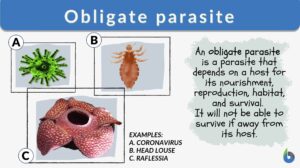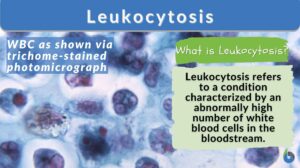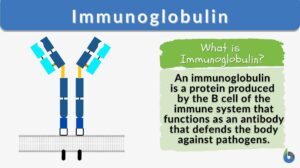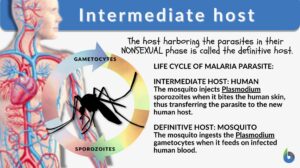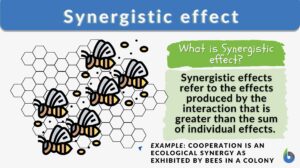Search Results for: parasitic infections
Parasitism
Organisms depend on different sources of food to survive. Larger organisms like plants make their own food (autotrophs) and... Read More
Obligate parasite
Parasitism is a form of symbiosis that occurs between a parasite and its host. The parasite is the organism that generally... Read More
Leukocytosis
What Is Leukocytosis? Leukocytosis is a condition wherein the number of White Blood Cells (WBCs) is increased above the... Read More
Immunoglobulin
Immunoglobulin Definition An immunoglobulin is a globulin molecule produced by the immune cells, for the body's defense... Read More
Enterobius vermicularis
Definition noun Human pinworm that inhabits the rectum of its host Supplement Enterobius vermicularis (formerly Oxyurias... Read More
Entamoebidae
Definition noun (taxonomy) A family of Archamoebae which includes species such as Entamoeba histolytica, Entamoeba coli,... Read More
Unicellular
Unicellular organisms are organisms consisting of one cell only that performs all vital functions including metabolism,... Read More
Intermediate host
Intermediate Host Definition When looking at the relationships amongst different biological members of our biosphere, we... Read More
Trichomoniasis
Definition noun (pathology) A sexually transmitted infection caused by a trichomonad species, especially Trichomonas... Read More
Clonorchis sinensis
Definition noun A liver fluke species belonging to the family Opisthorchiidae of the Class Trematoda, and endemic in Japan,... Read More
Synergistic effect
Synergistic Effects Definition In biology, synergistic effects are the effects when chemical substances or biological... Read More



